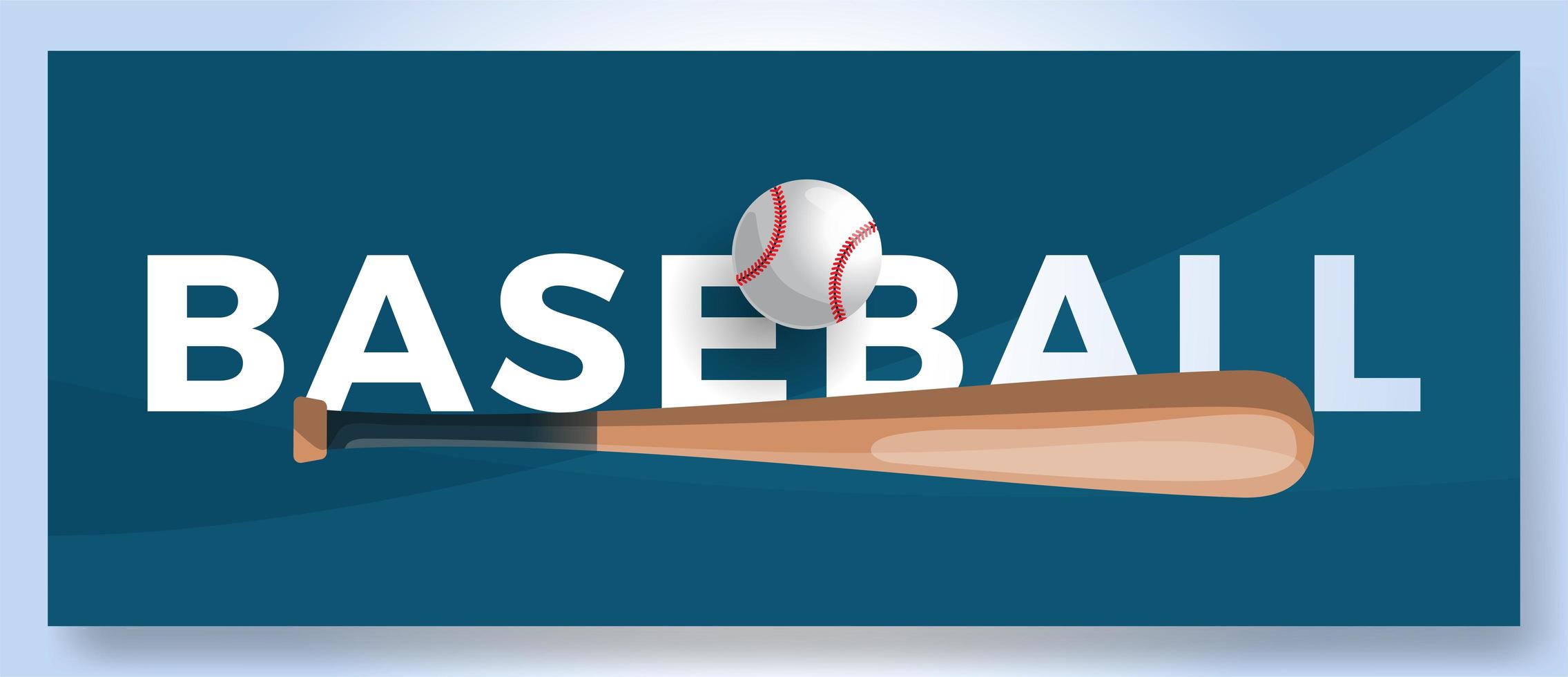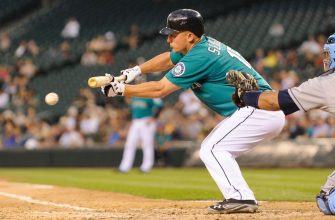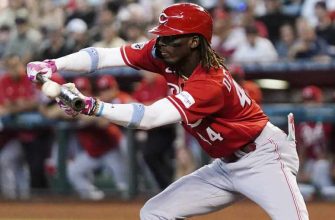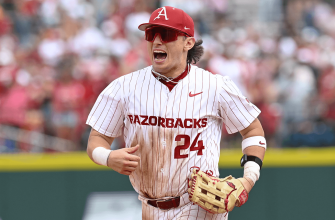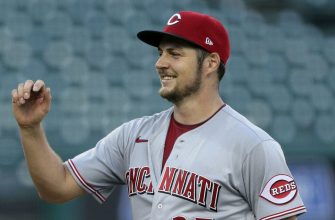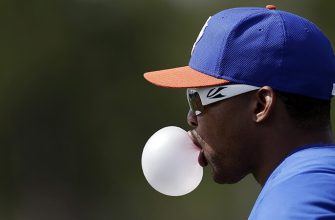Baseball games have some of the most peculiar start times in professional sports. Unlike most other major league sports that begin at the top of the hour, Major League Baseball game times are listed according to the precise minute when the first pitch will be thrown rather than when coverage begins. This leads to start times like 7:05 PM or 1:10 PM instead of the standard 7 PM or 1 PM. Fans have often wondered why MLB games begin at such oddly specific times.
This article will explore the history behind the unusual tradition of staggered start times in baseball. We’ll look at how East Coast versus West Coast game schedules impact first pitch times, as well as the advantages of irregular start times.
Additionally, we’ll examine MLB’s complex scheduling process, trends in recent years, and debates around standardizing start times. Finally, we’ll discuss fan perceptions of baseball’s quirky first pitch times. Whether you’re a lifelong fan or new to the sport, this article will uncover the reasons behind those numbers you see listed for the beginning of baseball games.
History of MLB Game Start Times
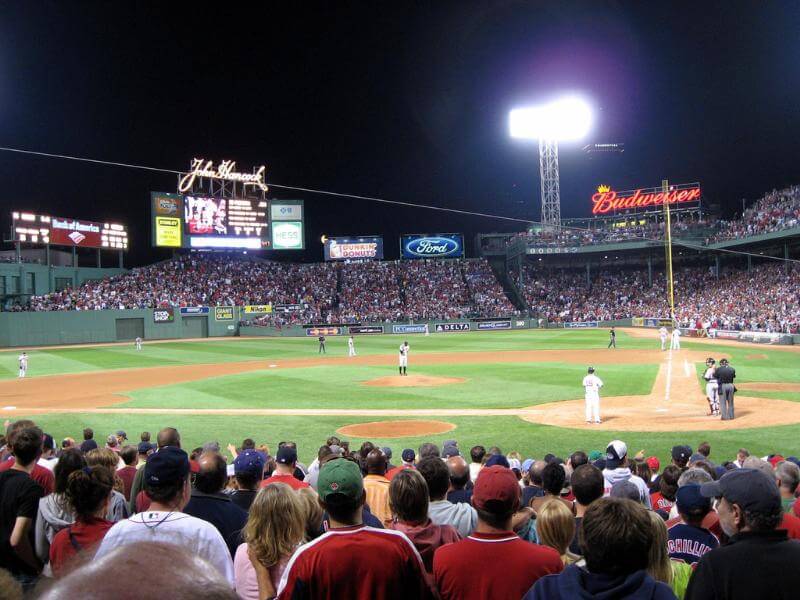
In the early days of Major League Baseball, games did not have set start times and would often begin whenever both teams had arrived at the ballpark and completed pre-game warmups. This remained the norm through the late 1800s and early 1900s. Game times were largely determined by factors like travel schedules of visiting teams and availability of natural sunlight for day games.
The introduction of artificial lighting allowed MLB to start regularly scheduling night games beginning in the 1930s. Night games provided more options for start times, as games no longer relied solely on daylight. The first official night game took place on May 24, 1935 at Crosley Field between the Cincinnati Reds and Philadelphia Phillies. It started at 8:00pm ET. Night games quickly became popular for attracting larger crowds after the workday.
From the 1930s through the early 2000s, typical start times ranged from 1:05pm for day games to 8:05pm for night games. Regional preferences emerged, with East Coast teams often starting games earlier than West Coast teams. But there remained fluctuation in precise start times, varying by days of the week, time of year, and other factors.
East Coast vs West Coast Start Times
Scheduling games for teams on both the East Coast and West Coast presents challenges for MLB. Primetime start times on the East Coast, like 7pm, would mean games starting at 4pm local time on the West Coast – before many fans get off work.
MLB aims to maximize TV viewership across time zones, so they often schedule East Coast games to start around 7pm Eastern and West Coast games around 7pm Pacific. “Generally, baseball games start in the 7 hour, ending around 10-10:30 on average. Even factoring in coastal games, the sports day is about 95% watchable across the country.”
Staggering start times allows fans on both coasts to watch games in primetime. However, it means less overlap between East and West coast games. MLB balances maximizing local viewership with allowing national TV coverage of multiple live games.
Advantages of Irregular Start Times
Irregular start times in baseball provide several key advantages for teams and stadiums. Allowing gaps between games is crucial for teams that need to travel between cities for consecutive games. The gaps give teams time to travel without having back-to-back games scheduled too tightly.
Irregular start times also make it easier to schedule double-headers when needed. Double-headers pack two games into one day, so having flexibility with start times allows the games to be scheduled appropriately with a gap in between.
Finally, staggering start times accommodates other events happening at stadiums on the same day. Many MLB stadiums host concerts and other sporting events, so fitting a baseball game into the schedule requires some creativity with first pitch times.
MLB Scheduling Process
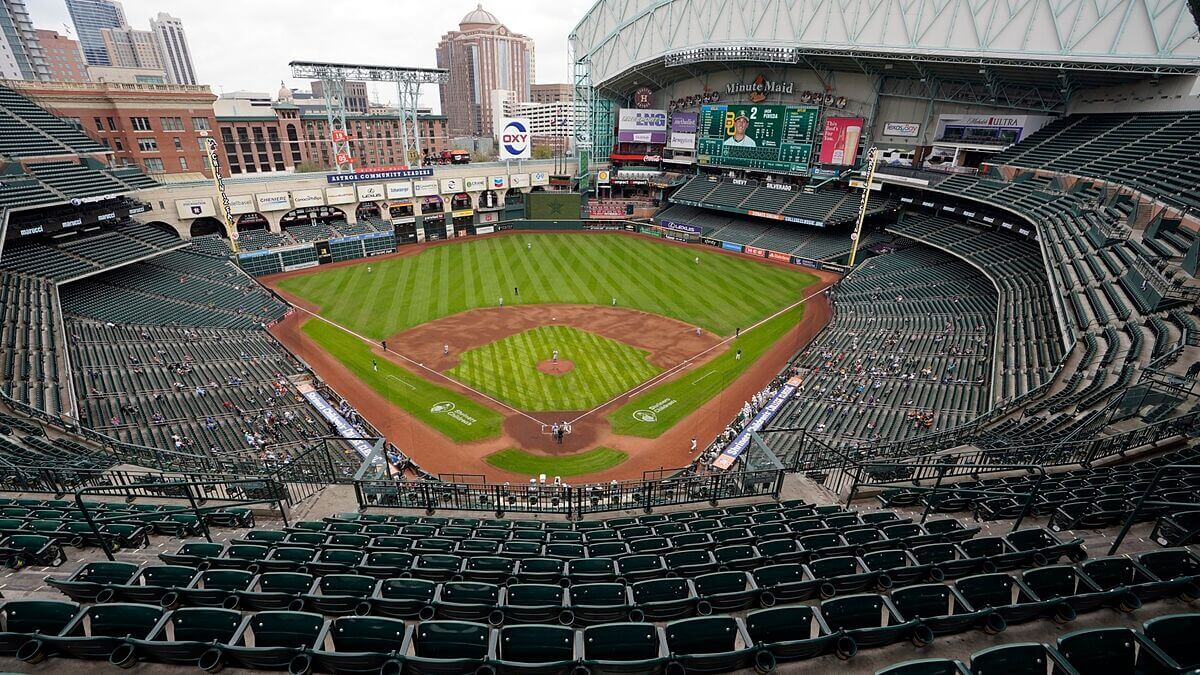
The creation of the MLB schedule each season is a complex process that requires extensive planning and coordination. The league aims to balance competitive factors, logistics, and other considerations when assembling the schedule each year.
The MLB Commissioner’s Office has ultimate authority over the league schedule. They oversee the process along with a scheduling committee and use advanced software to generate schedule simulations.
Some key factors in the scheduling process include:
-
Ensuring an equitable distribution of home and away games for each team. Teams play 81 home games and 81 away games in a typical MLB season.
-
Scheduling games between rivals and within the same division more frequently. Fans enjoy regional matchups, so the schedule prioritizes games between longtime rivals.
-
Alternating home and away games for teams. Teams rarely play extended homestands or road trips, instead flipping frequently between home and away series.
-
Maximizing attendance and viewership with marquee matchups. The schedule aims to feature exciting games during high-interest periods like holidays and summer weekends.
-
Accommodating stadium availability and travel logistics. Schedulers coordinate with all 30 teams on factors like stadium renovations, travel days, and more.
-
Avoiding scheduling conflicts with other major sporting events. The MLB schedule works around marquee events like the World Series, playoffs, and All-Star Game.
The scheduling process begins 2-3 years in advance and goes through extensive revisions before finalization. The end result is a balanced schedule coordinating thousands of games played across North America over a 6-month season.
Start Time Impacts
Start times have a significant effect on several aspects of the game, including ballpark attendance, TV ratings, and player routines.
Irregular start times can make it more difficult for fans to attend games in person. Weeknight games with late start times often lead to lower attendance, as fans may not be able to make it to the ballpark on a work night or get home at a reasonable hour. Studies have shown MLB attendance drops sharply for weekday night games starting after 7pm local time. Earlier and more standardized start times could help boost live gate revenue.
TV ratings are also impacted by start times. Primetime games tend to draw more viewers, while midday starts on weekdays struggle in the ratings. In 2021, MLB experimented with some weekday matinee start times, resulting in a 29% ratings decline compared to primetime games. Broadcast partners often lobby MLB to maximize games in primetime windows.
From a player perspective, the variance in start times can disrupt preparation routines. Night games finishing close to midnight makes the next day’s day game more challenging. Teams on long road trips with changing time zones also have to continually adjust sleep schedules. Some argue standardized start times would benefit player performance and rest.
Recent Trends
Recent seasons have seen some shifts in MLB’s approach to start times.
Some key trends include:
-
Increase in day/night doubleheaders – With more emphasis on scheduling efficiency, MLB has increased the number of day/night doubleheaders, with a game starting in the afternoon followed by a night game. This allows teams to make up postponed games without losing an off day.
-
More irregular Sunday start times – Sundays used to feature primarily day games starting at 1:05 or 1:10 pm local time. Now start times are more varied based on national TV schedules, with more night games mixed in.
-
Flexible start times – MLB has been more open to shifting start times around based on various factors like weather and travel. Rather than every game starting right on the hour, some may shift by 5, 15 or 30 minutes to accommodate changes.
Overall, MLB scheduling has become more dynamic, moving away from cookie-cutter start times towards optimizing around TV, attendance, weather and other factors. This leads to more irregularity in first pitches fans see in the ballpark or on TV.
Debate Over Standardized Start Times
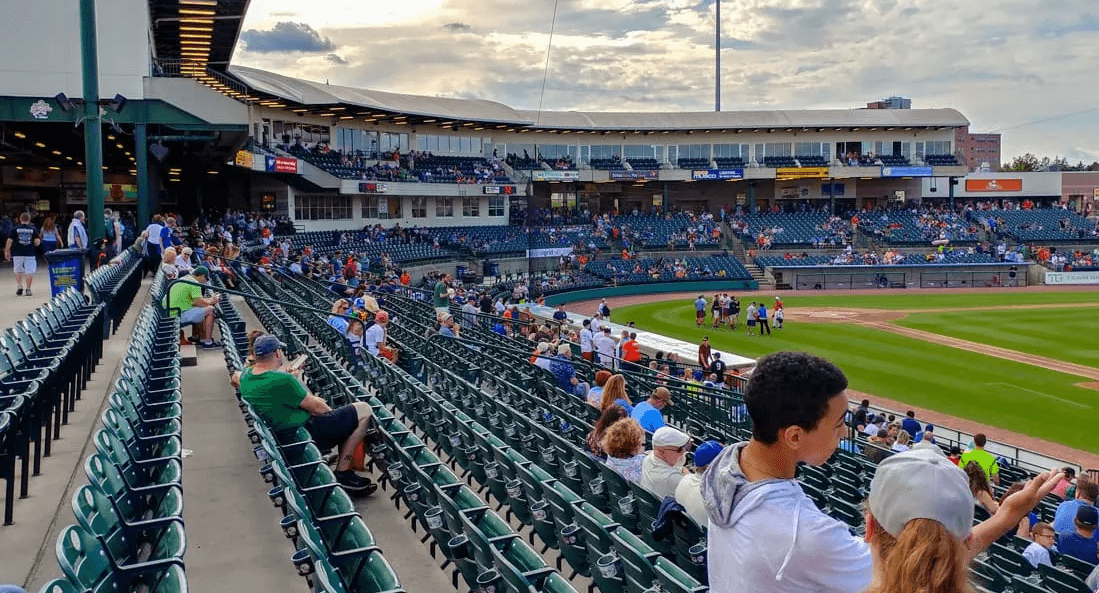
There has been an ongoing debate among fans, players, and MLB executives about whether standardized start times should be implemented across the league. Some of the key arguments include:
Arguments for regularized start times:
- Would make it easier for fans to follow and attend multiple games in a day or series
- Could boost ratings and attendance by making start times more predictable
- Would simplify scheduling and travel for teams
Reasons to keep current system:
- Allows teams flexibility to optimize attendance based on local factors
- Maintains unique traditions and start times tied to each ballpark
- Gives teams with shared markets distinct game times to minimize conflicts
The likelihood of MLB mandating standardized start times league-wide seems low in the near future. Baseball is a tradition-laden sport and most teams prefer maintaining flexibility. However, some compromises like grouping weeknight start times into consistent blocks have been proposed and may gain traction over time. While fans seem divided on the issue, there are reasonable arguments on both sides.
Fan Perceptions
A recent poll conducted by Seton Hall University 1 found that MLB fans overwhelmingly support recent changes aimed at speeding up games, including the new pitch clock. The poll showed that 83% of fans favored the pitch clock, compared to just 17% opposed. Many fans cited shorter game times as a positive change for MLB.
However, start times remain a point of debate among fans. On Reddit threads such as, fans have mixed opinions on the current irregular start time system. Some enjoy how it allows flexibility for teams to set start times based on time zone. Others argue it can make attending games or watching on TV more difficult without a standardized schedule. Fans are split on whether MLB should move towards set start times like other major sports leagues.
Overall, polls indicate fans want faster games but remain divided on optimal start times. While irregular times can frustrate some fans, others appreciate the flexibility it allows teams and the uniqueness compared to other sports. Fan views will likely continue to evolve along with any changes MLB makes to balance accessibility, tradition, and practicality.
Conclusion
Baseball’s irregular start times have a long history tied to factors like broadcasting rights, travel between cities, and stadium sharing arrangements. While standardized start times offer benefits like predictability for fans, the complex scheduling involved in a 162-game season makes consistent first pitches difficult.
Looking ahead, start times may continue to fluctuate. Regional sports networks still exert influence over scheduling based on advertising sales and viewership patterns. However, some trends point toward more standardized weekday start times as MLB aims to attract younger fans. With most teams now controlling their own stadiums, greater flexibility exists.
In the end, baseball’s quirky first pitch times remain one of the sport’s enduring traditions. As broadcaster Ernie Harwell famously said, “Baseball is a ballet without music. Drama without words.” The magic is not defined by the clock, but by the timeless moments that unfold between the chalked lines. For fans, the game remains perfect no matter the start time.
